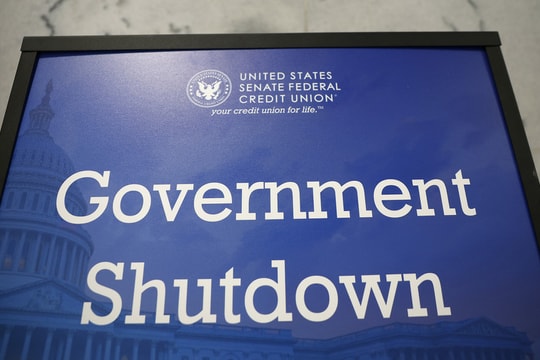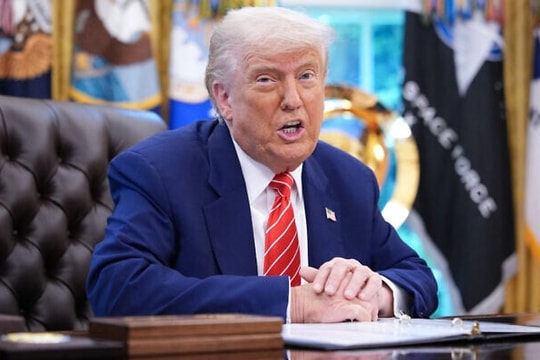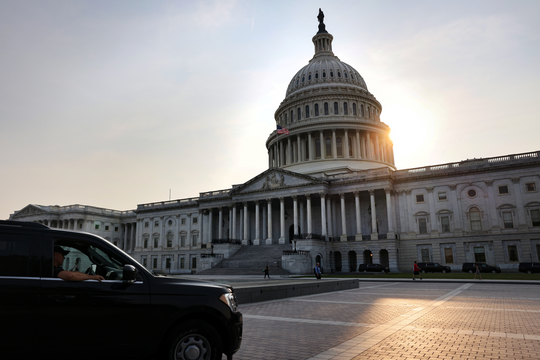'Good wind' begins to blow
(Baonghean) - Just a few days after officially taking office, new US President Donald Trump had a phone call with Israeli Prime Minister and invited Mr. Benjamin Netanyahu to visit the US in early February. This move is considered Mr. Trump's latest effort to warm up relations with Israel, which had deteriorated during the term of his predecessor, Barack Obama.
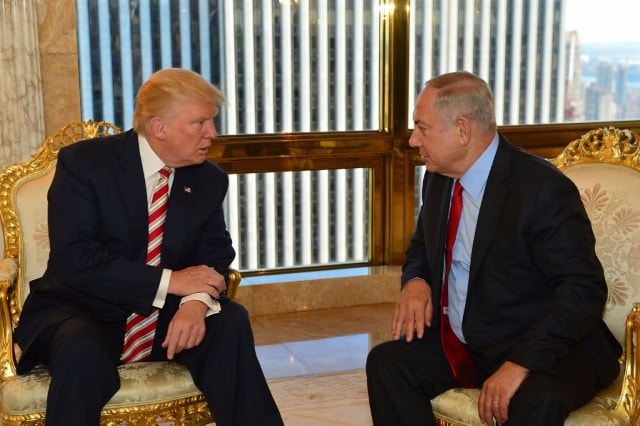 |
| The future of US-Israel relations is expected to be warmer under US President Donald Trump (Source: Times Of Israel) |
Prosperity
“Very interesting” and “warm” were the words that the new US President Donald Trump used for his recent phone call with Israeli Prime Minister Benjamin Netanyahu. Taking place just 2 days after his official inauguration, public opinion assessed that both Mr. Trump and Mr. Netanyahu had been waiting for this phone call for a long time.
Despite the difficulties with the Obama administration, the Israeli Prime Minister is hopeful about the relationship with the new US administration under President Trump. In retrospect, the relationship between the US and Israel was troubled during Barack Obama's term. Israel was particularly angry with the Iran nuclear deal that the US reached last year.
It was also at this point that relations between the two sides began to decline. Most recently, in the final days of his term, the Obama administration abstained for the first time on a UN Security Council resolution calling on Israel to stop expanding settlements on occupied Palestinian land.
However, with the new President Donald Trump, things are completely different. Mr. Trump has affirmed in many statements that he will bring the relationship with Israel back to a warm period. Mr. Trump is also a person with a hard line on the Iran dossier, and at the same time has a very good relationship with the Jewish people. Therefore, not surprisingly, in the phone call, the two leaders agreed to emphasize the importance of the relationship between the two countries.
The new US President also affirmed his commitment to Israel's security. In the latest development, the White House also said that it is in the early stages of discussions to implement President Donald Trump's commitment to move the US Embassy in Israel from Tel Aviv to Jerusalem. For its part, Israel, immediately after Mr. Trump took office, also approved the construction of more than 500 settlement houses in the East Jerusalem area.
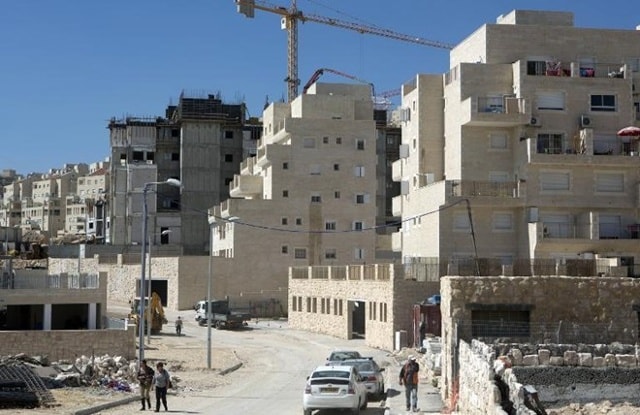 |
| A Jewish settlement in East Jerusalem. (Source: AFP) |
Tightrope walking
It can be seen that the US-Israel relationship immediately showed positive signs after Mr. Donald Trump officially took office as US President. Public opinion believes that Mr. Trump will likely continue the path of warming up the relationship with Israel as he pledged before the election.
He may take a hard line on Iran’s nuclear program and support the construction of Jewish settlements in Jerusalem. But Trump will certainly need to consider sensitive steps, such as moving the US Embassy in Tel Aviv to Jerusalem. In fact, the US Congress passed a law in 1995 stating that Jerusalem is the capital of Israel.
However, many subsequent US presidents, both Democrats and Republicans, maintained the US embassy in Tel Aviv and supported peace negotiations between Israel and Palestine on the status of Jerusalem. Because generations of US leaders understood that it was difficult for them to go against the position of the United Nations and many other major countries up to now: "Do not consider Jerusalem as Israel's and do not recognize Israel's annexation of East Jerusalem after the 1967 war."
In addition, this action will certainly cause a strong reaction in the Arab world, especially US allies such as Saudi Arabia, Jordan and Egypt. Although the Trump administration wants to be close to Israel again, it also understands that the US really needs these allies in the fight against the Islamic State organization IS.
Clearly, the new President Donald Trump in the next 4 years is facing a huge challenge, which is to balance the relationship between Israel and Iran as well as other Arab allies in the region. If he is biased towards any side, the role and strategic goals of the US in the Middle East will certainly be affected. Not only that, the already difficult regional peace process will be further deadlocked.
Phuong Hoa
| RELATED NEWS |
|---|


